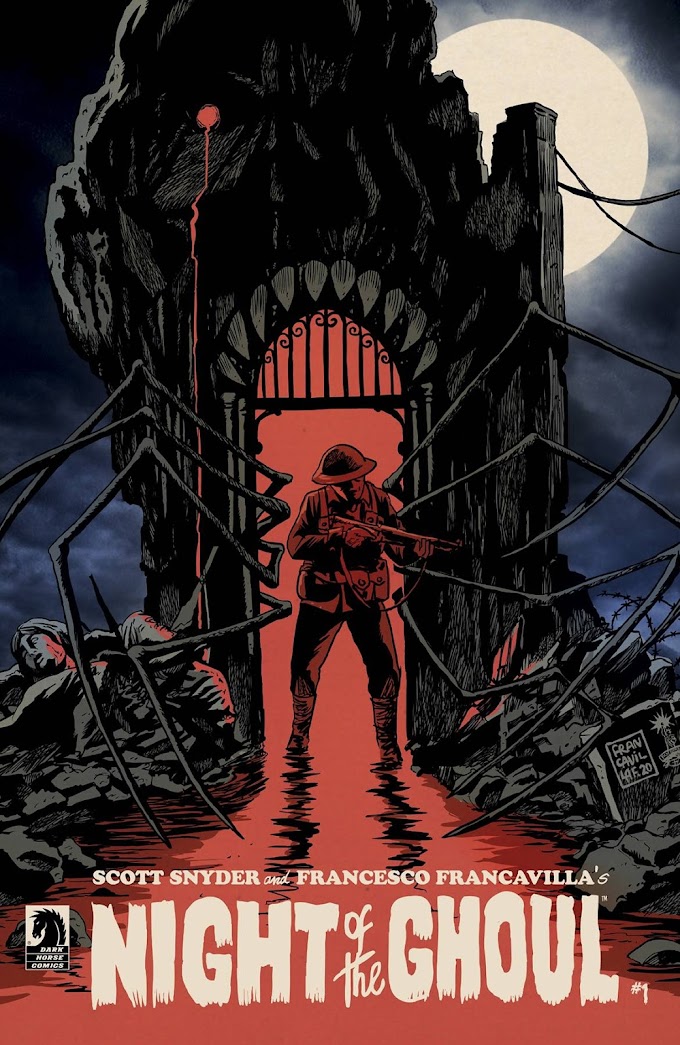Needless to say, I'm very happy for the three creators as well as Top Shelf. The book, which has spent months on the New York Times Bestseller list and appeared on many, many Best-of lists for 2013 (including mine), is not just historically important due to the author (first ever sitting Congressman to write a comic book) or subject. The work itself is very well done, with words and images coming together to tell the story and really make the reader see and understand what it was like for Rep. Lewis growing up.
However, there's a definite problem. You see, when listing the award, the ALA only gives it to Lewis and Aydin. Their names are in bold, along with the other winners. Powell's name is there, but he's clearly separated, as though his contributions were unimportant.
 |
| There are THREE names on this cover. |
Apparently, to the ALA, the pictures don't matter at all to this story. If it had been Robert Crumb, Robert Liefeld, or Robert Kirby, three illustrators whose design senses could not be more different, the ALA would not have cared. Only the script mattered to them, based on the way this award was given. The choices Powell made in terms of character designs, likenesses, vanishing points, border placements, ink fades, and other items don't matter at all and had nothing to do with making this a book worth reading.
That's what it says when you exclude the artist.
Now, in fairness, if this is what they think, that's fine. I don't agree personally with divorcing a visual medium from its visuals, but this happens often and if you only read a story for the words, well, more power to you but you're nuts. It's certainly possible--and based on some reviews I've read or been linked to, it definitely happens--to read a comic and not think about the artistic parts of the work.
And if you are a person who does that, I will even defend your right to do so, with the caveat that again, I think you're insane and possibly stupid.
But I don't think that's what happened here. I don't think this was an active decision based on thinking, "Wow, Powell sucks. He was a bad choice to be the artist." If I did, this would be a very different post.
Nope. This was because the ALA, who should know better, fell into the all-too-common trap of assuming the artist had nothing to do with the actual creation of the book. In their minds, the book is scripted by the "writers" who tell the artist what to do.
 |
| Rep. Lewis knows that it took three to tango, why not the ALA? |
When a reviewer posts about how good a book is and skips on the art, they should do a better job, but maybe, just maybe the art didn't sing for them and they'd rather focus on the script.
But the ALA is an organization whose job it is to understand books and their creation. While this might be only the second time they've given a Coretta Scott King recognition to a comic, it is their business to understand how comics are created.
This is a sloppy, poorly informed choice on the ALA's part that they can--and should--correct immediately. By choosing to overlook Powell, they are feeding into a popular assumption that the artist doesn't matter.
That's why this matters so much. Teachers will look to the ALA for guidance. School and public librarians will use what the ALA says to promote the book to others. If left to stand this way, it's going to be hard-coded in the eyes of laymen readers everywhere that this book is only the result of two men, with the third as an also-ran who had nothing to do with shaping the work.
After all, he just drew the pictures they told him to, right?






![Sweat and Soap [Ase to Sekken] by Kintetsu Yamada](https://blogger.googleusercontent.com/img/b/R29vZ2xl/AVvXsEgMnQltxjWqGS1_duhCp9Er1a0NbALuSFrqvjaV4_PjN_w67xCGghYt-l0qKyqTH7Ei7gbq_mxVq8aPAuOiyaArwAMLJWhpGmOYaARUBnwvjmv2-ZIe20m_zR5CvKnPdI6US_AuOnmi3gSX/w680/57525895-BA7E-4EF8-9FE4-89F9C164E1A4.jpeg)

